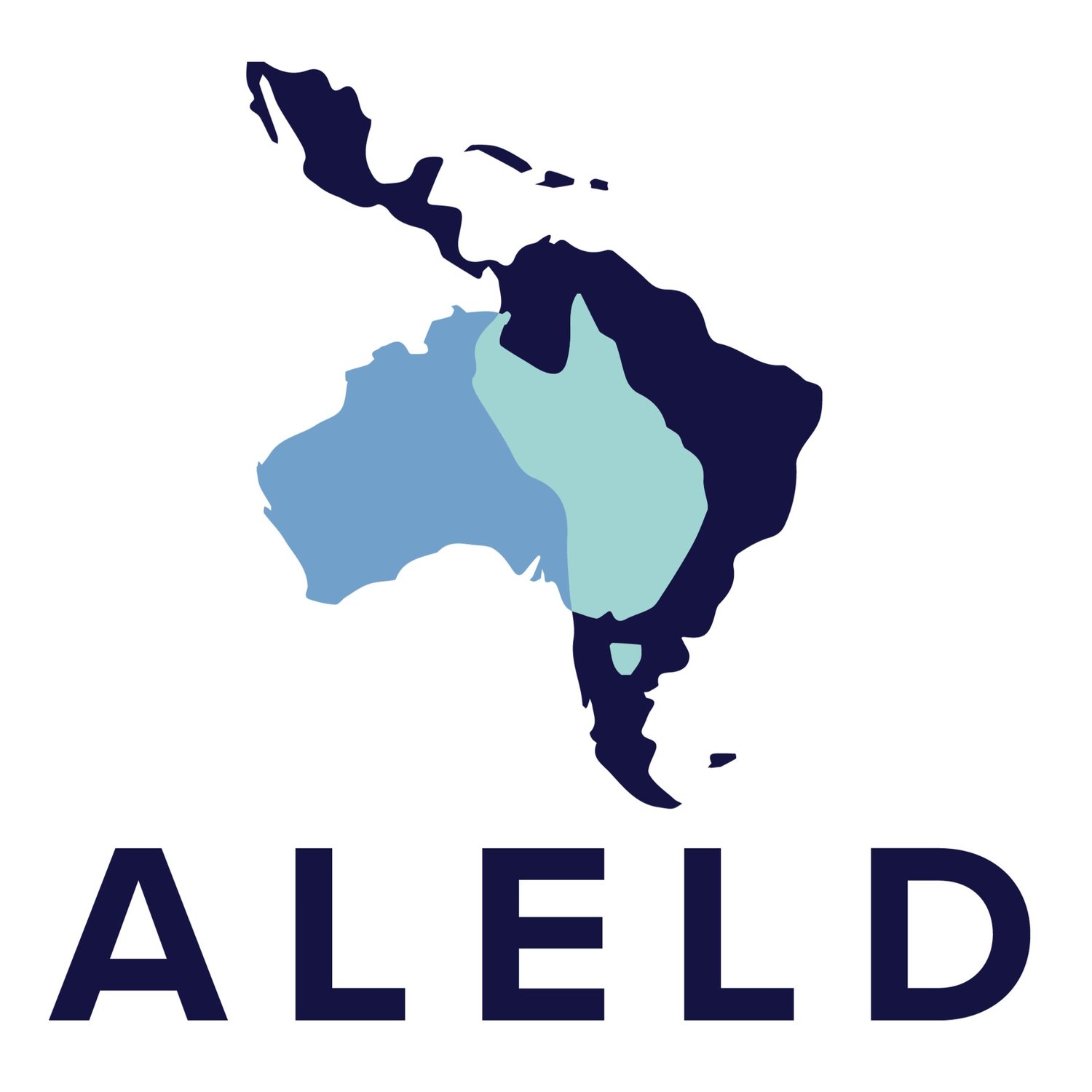2020 Colombian Tax Reform
COVID-19 has exacerbated many political and economic problems across the world, and this can be seen especially in the current political climate of Colombia. Colombians have joined together by taking to the streets to protest their government. Since April of this year, hundreds of thousands of people from across the country have been marching in large and small cities and even in rural areas. Colombia hasn’t seen such protests in decades. What has sparked such controversy that citizens of Colombia have taken to the streets amidst a pandemic?
Assuming presidency in August 2018, lacking much experience in public office, Ivan Duque and his political team’s track record has faced many legislative challenges. Yet his connections to Colombia’s most powerful politician, Uribe, guaranteed his political success. The centre and left criticise Duque’s failure to fully implement peace agreements with the Fuerzas Armadas Revolucionarios Colombia (FARC), a former insurgent group that, after 50 years of civil war, had become a political party. This has been an issue for Colombia in its recent memory, civil violence and corruption has been a long part of the country’s history. The government committed to plans to improve working conditions and to promote growth and development in conflict-prone rural areas. But the government’s promises are yet to have taken effect. Meanwhile, more right-wing parties and members of Duque’s party state that he has been unable to reform the transitional justice system that has failed to address Colombia's history of political violence and civil unrest. Duque’s public approval in October 2019 was at 26 percent, the lowest for any Colombian president since 1998.
Moreover, amidst the background of his election in 2018, Colombia has seen increased civil unrest. 2018 and 2019 saw mass demonstrations across the country in protest against violence, education inequality and income disparity. Before the pandemic, many Colombians struggled to earn the minimum wage of about $275 US dollars a month. In an attempt to revamp the economy, in April of this year, Ivan Duque’s government announced tax increases on basic public services, fuel, wages and pensions as many economists supported the idea that said fiscal restructuring was necessary to increase revenue and reduce debt. The tax plan also seeks to safeguard subsidies for poorer working class Colombian families, although this tax reform would disproportionately affect Colombians living just above the poverty line.
Shortly after the tax reform was made public on the 28th April, social justice organisations in Colombia called for a national general strike across the cities of Cali, Bogotá, Medellín, Pereira and Ibagué, with demonstrations occurring in other smaller cities as well.
In preparation for protests, Judge Villamizar de Peñaranda of the Administrative Court of Cundinamarca ruled on 27 April that permits to demonstrate in cities across the country be annulled due to health risks related to COVID-19. However, thousands of Colombians took to the streets during a pandemic, to defend the little economic freedoms they are granted. This not only highlights the increasing political fragility of Colombia, but also the impacts of Ivan Duque’s government, where people fear their government more than COVID-19.
The demands of the protests included the dissolution of the Colombian anti-riot police, an improved health-care system, a basic income, more educational and employment opportunities for youth, guaranteed protection of social leaders and activists, and the implementation of the 2016 peace accord between the government and the FARC.
Despite the huge backlash, President Duque first announced that he would not revoke the tax
reform. However, after weeks of ensuing peaceful protests, on May 4th, a spokesperson for the UN Human Rights office in Colombia voiced alarm over the violence and casualties in Cali, Colombia and hundreds of allegations of human rights violations have been made against Duque’s government for the handling of the protests and police brutality. “These brutal abuses are not isolated incidents by rogue officers, but rather the result of systemic shortcomings of the Colombian police,” said José Miguel Vivanco, Americas director at Human Rights Watch. The mayor of Cali, Jorge Iván Ospina, responded to the President: "Mr. President, the tax reform is dead. We don't want it to cause more deaths … I am asking you for this on behalf of the people of Cali''. In April, Human Rights Watch received credible reports of 68 deaths from Defender la Libertad, a coalition of justice groups that independently documents evidence of police violence.
President Duque announced on 2 May that he was withdrawing the tax reform, although he stated that some reform was still necessary. Duque said that the tax reform "is not a whim, it is a necessity." Protests continued to be promoted by organisers, with Colombians and supporters gathering around the world including in Toronto, Miami and Melbourne.
Duque’s popularity has diminished since the recent protests, with his response increasing the divide between the government and Colombians. Protests have highlighted Colombia’s social issues and the response of Duque’s government has been polarising. Can Colombians rely on their government to create meaningful change?
Content Disclaimer
The views expressed in this article are those of the author and do not necessarily represent the views or opinions of the Australia-Latam Emerging Leaders Dialogue.


